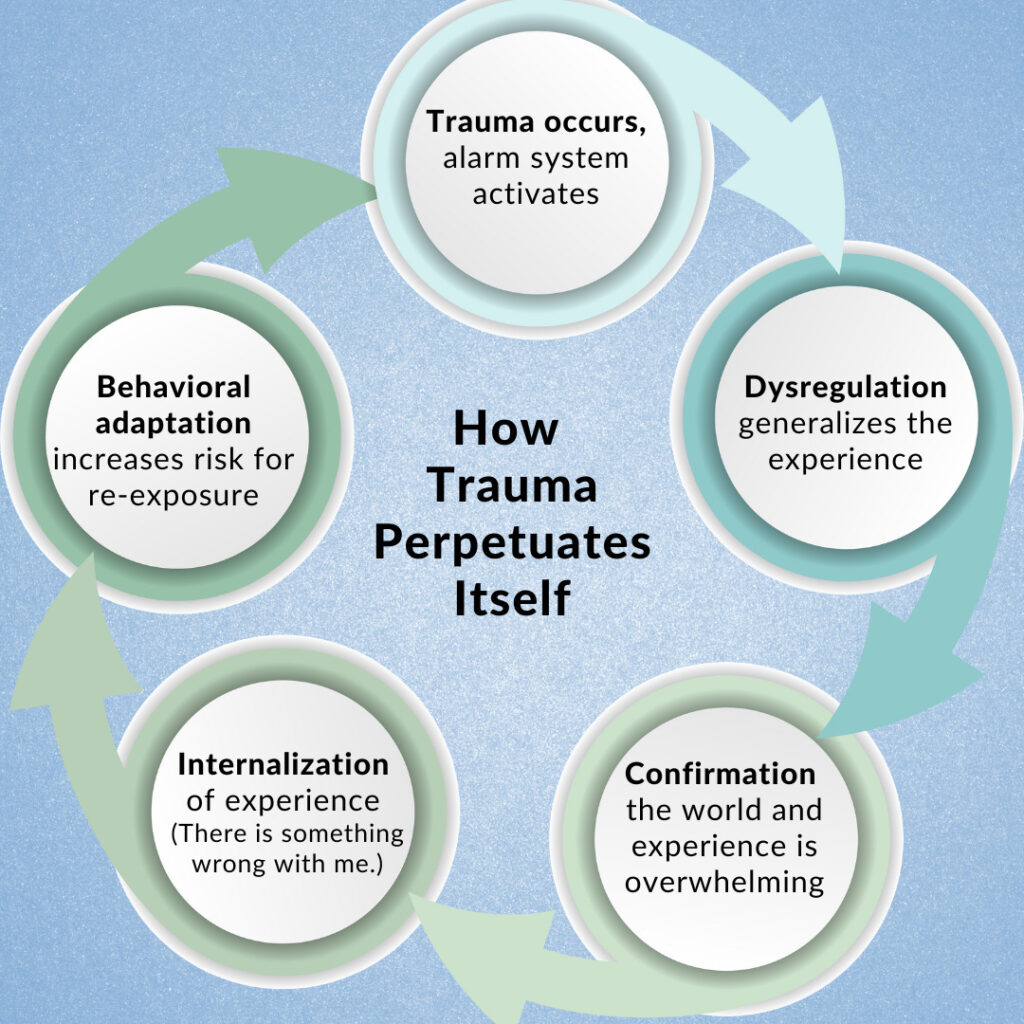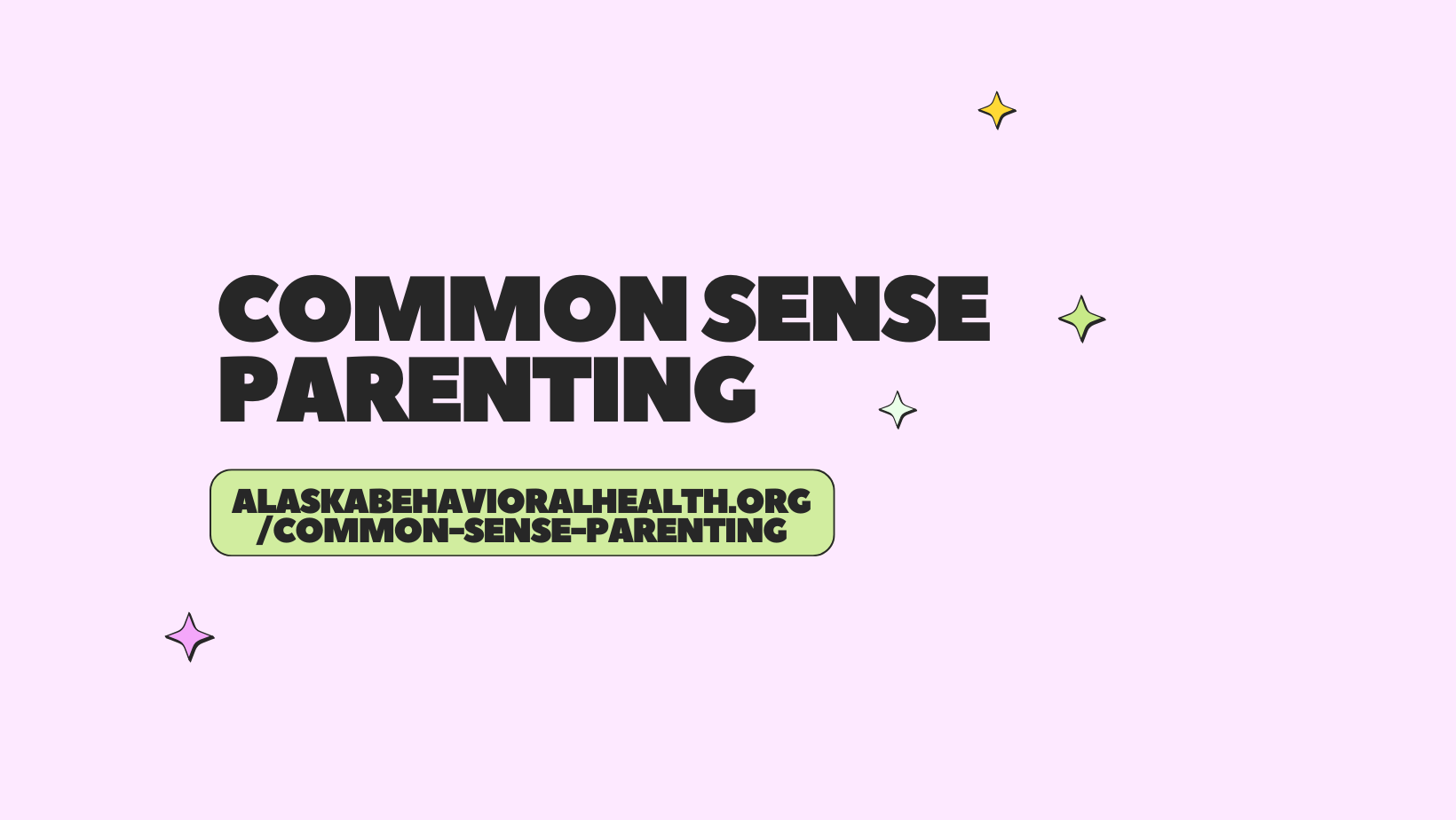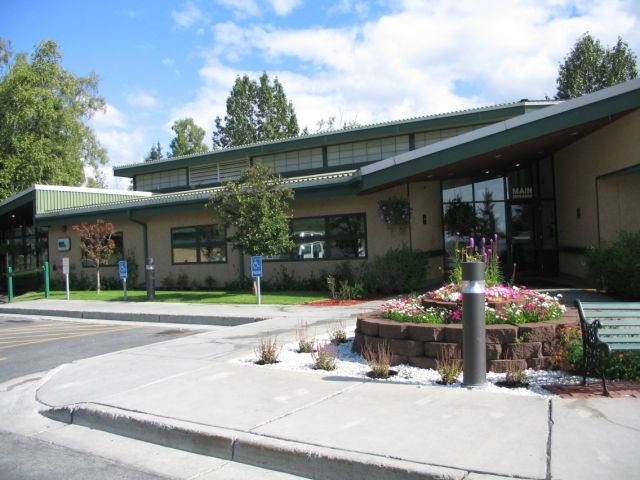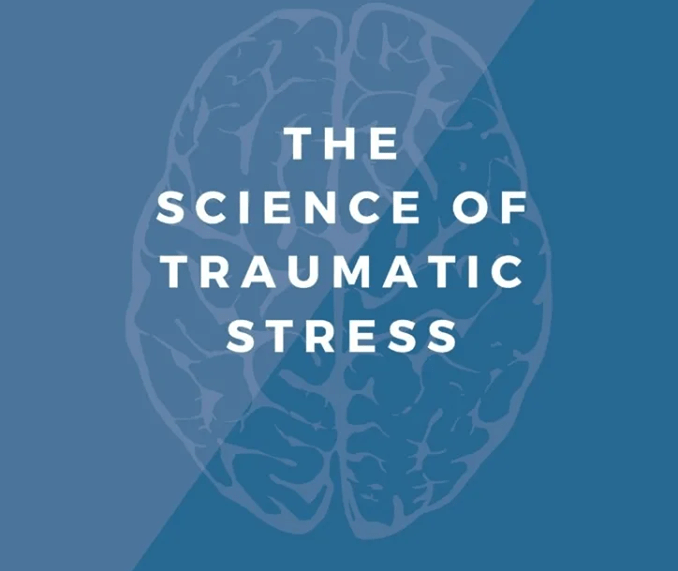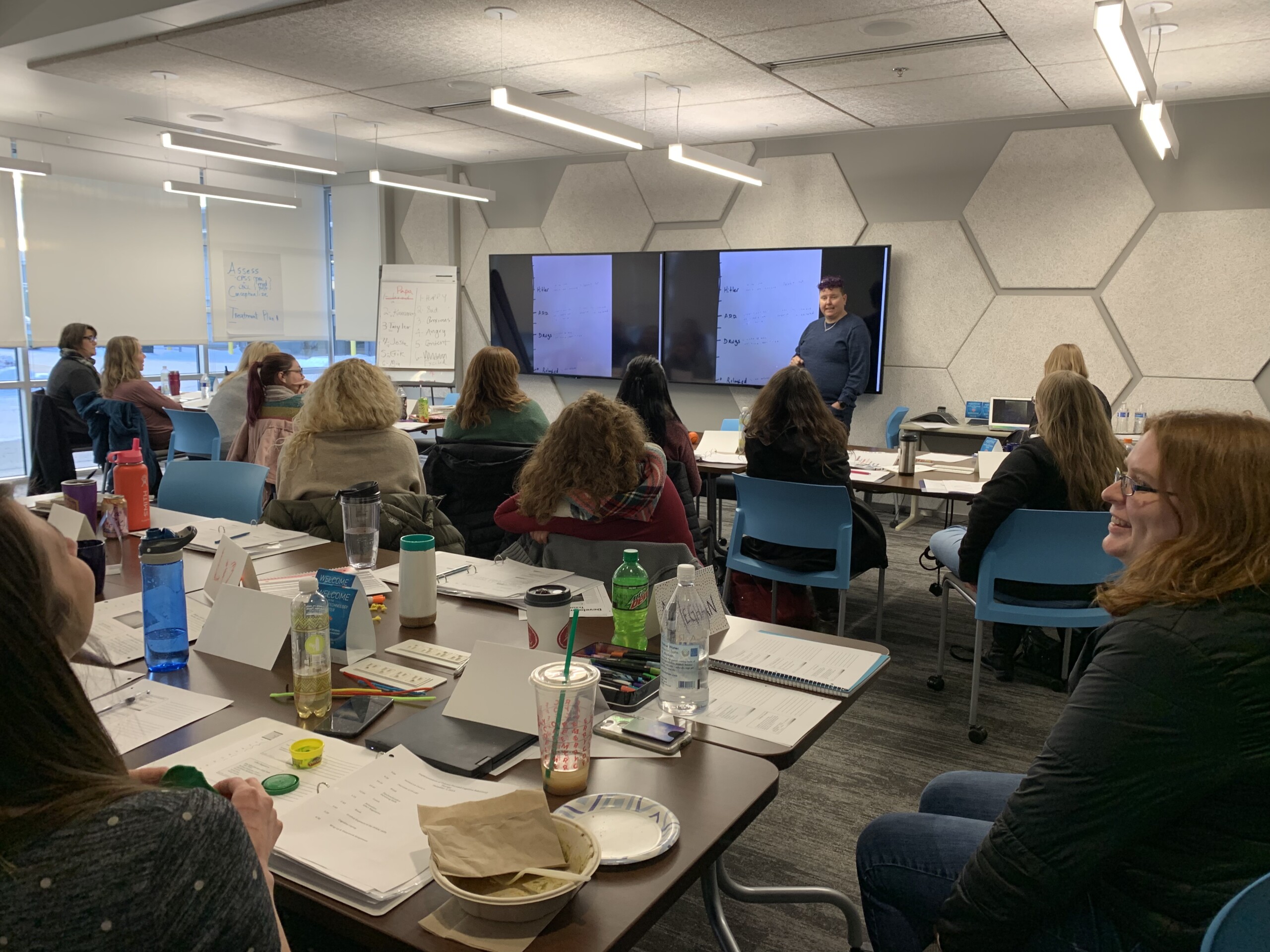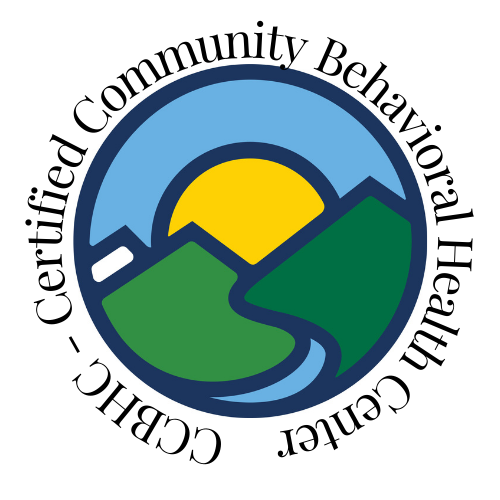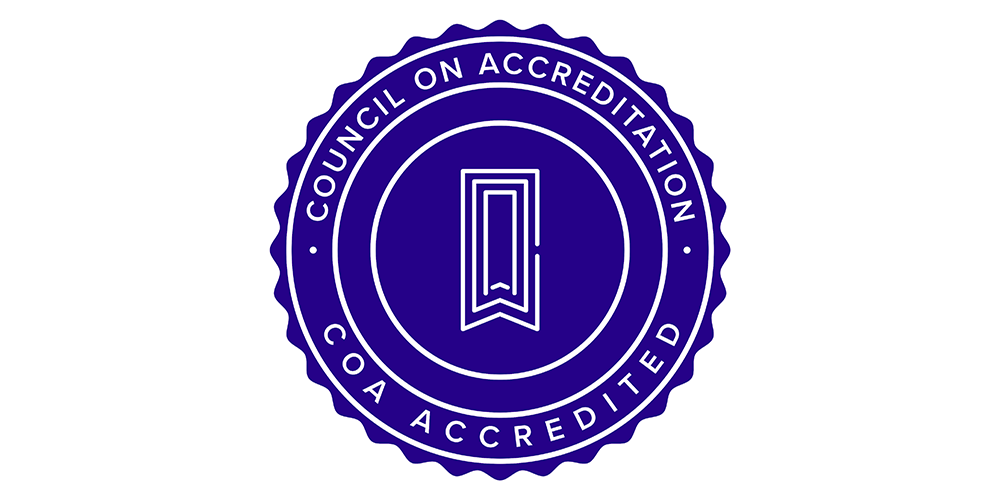What do we mean by “trauma”?
SAMHSA (Substance Abuse and Mental Health Services Administration) describes individual trauma as an event or circumstance resulting in physical harm, emotional harm, and/or life-threatening harm. The event or circumstance can have lasting adverse effects on the individual’s physical health, mental health, and overall wellbeing. Not everyone responds to trauma the same way: someone who is otherwise healthy, with strong support systems and resilient qualities experience few long term effects; others experiencing the same or similar events may struggle.
What is PTSD?
Post-traumatic stress disorder may develop when a person has experienced or witnessed a scary, shocking, terrifying, or dangerous event, usually when someone’s life has been threatened or severe injury has occurred. Children and adults with PTSD may feel anxious or stressed even when they are not in present danger.
Why do we care about trauma?
As the Substance Abuse and Mental Health Service Administration puts it, “For those with mental health and substance use conditions, trauma is an almost universal experience.”
How does trauma change our brains?
Explore some of our social media posts educating about PTSD and trauma:










